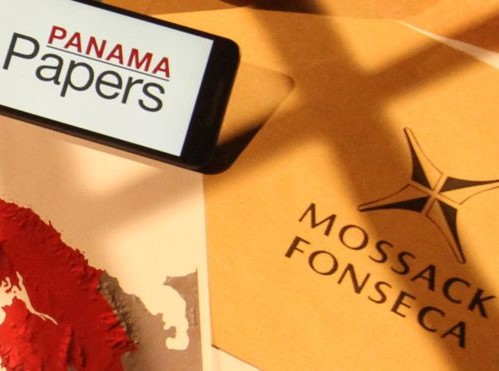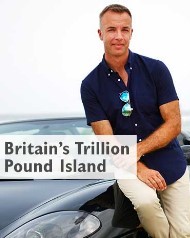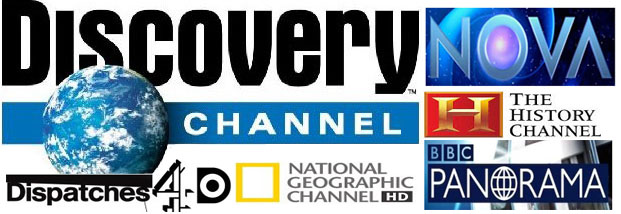Earth & Space | Crime | Environment | Health | History | Nature | Military | War | Politics | Science | Society | Technology | Truth Conspiracy
Documentaries
 |

The Panama Papers: Secrets Of The Super Rich
Top secret deals in Panama allows the rich to build vast banks of hidden wealth. Kings, criminals, presidents and prime ministers have been outed for dodging the rules and having assets stashed in tax havens abroad.
In the biggest ever leak of such information, 11.5 million documents handed over to a German newspaper last year reveal in graphic detail how shady Panama City law firm Mossack Fonseca set up more than 200,000 companies and trusts to form a vast network that hides the financial affairs of politicians, oligarchs and criminals. "What we're looking at here is really a parallel universe, where people can go to play and avoid the rules in their own countries", says Gerard Ryle of the International Centre Consortium of Investigative Journalists. "People have realised that they are the people getting ripped off here", said Australian Senator Sam Dastyari. In times of global austerity, the unprecedented exposé about a secret world of money making where the rules don't apply to the rich, is politically explosive. Though Mossack Fonseca has never been charged with criminal wrongdoing, "people are angry. People have had enough", says Dastyari, that the system allows the rich to dodge the rules everyone else must live by. In the wake of WikiLeaks, the Panama revelation has fueled beliefs that shining a public spotlight on this illicit financial underworld is the only way to achieve a fairer system.
Tax secrets of the rich and powerful - 'Panama Papers' expose tax havens
CBC Radio/Canada investigative reporter Frédéric Zalac speaks to Heather Hiscox about the investigation.
Tax bodies begin probes into some named in 'Panama Papers'. Massive data leak reveals tax havens of rich and powerful.
The leaked documents from the Mossack Fonseca law firm show Gunnlaugsson and his wife, Anna Sigurlaug Pálsdóttir, bought an offshore company, Wintris Inc, in the British Virgin Islands in December 2007 to invest her share of the proceeds of the sale of her father’s business, Iceland’s only Toyota importer.
Gunnlaugsson sold his 50% to his wife for a symbolic $1 at the end of 2009, eight months after he was elected to parliament as an MP for the centre-right Progressive party – but failed to declare an interest in the company either then or when he became prime minister in 2013.
The prime minister’s office now says his shareholding was an error due simply to couple having a joint bank account, and “it had always been clear to both of them that the prime minister’s wife owned the assets”. The transfer of ownership was made as soon as this was pointed out, a spokesman said.
The Guardian has seen no evidence to suggest tax avoidance, evasion or any dishonest financial gain on the part of Gunnlaugsson, Pálsdóttir or Wintris.
Panama Papers: Obama, Clinton Pushed Trade Deal Amid Warnings It Would Make Money Laundering, Tax Evasion Worse
“A tax haven ... has one of three characteristics: It has no income tax or a very low-rate income tax; it has bank secrecy laws; and it has a history of noncooperation with other countries on exchanging information about tax matters,” Rebecca Wilkins, a senior counsel with Citizens for Tax Justice, a nonpartisan nonprofit that advocates changes in U.S. tax policy.
The Panama FTA pushed for by Obama and Clinton, watchdog groups said, effectively barred the United States from cracking down on questionable activities. Instead of requiring concessions of the Panamanian government on banking rules and regulations, combating tax haven abuse in Panama could violate the agreement. Should the U.S. embark on such an endeavor, it could be exposed to fines from international authorities.
“The FTA would undermine existing U.S. policy tools against tax haven activity,” warned consumer watchdog group Public Citizen at the time, saying the agreement would encourage corporations to thwart any U.S. efforts to combat financial secrecy. The group also noted that U.S. government contractors, as well as major financial firms supported by taxpayer bailouts, stood to gain from the trade deal's provisions that could make it harder to crack down on financial secrecy.

